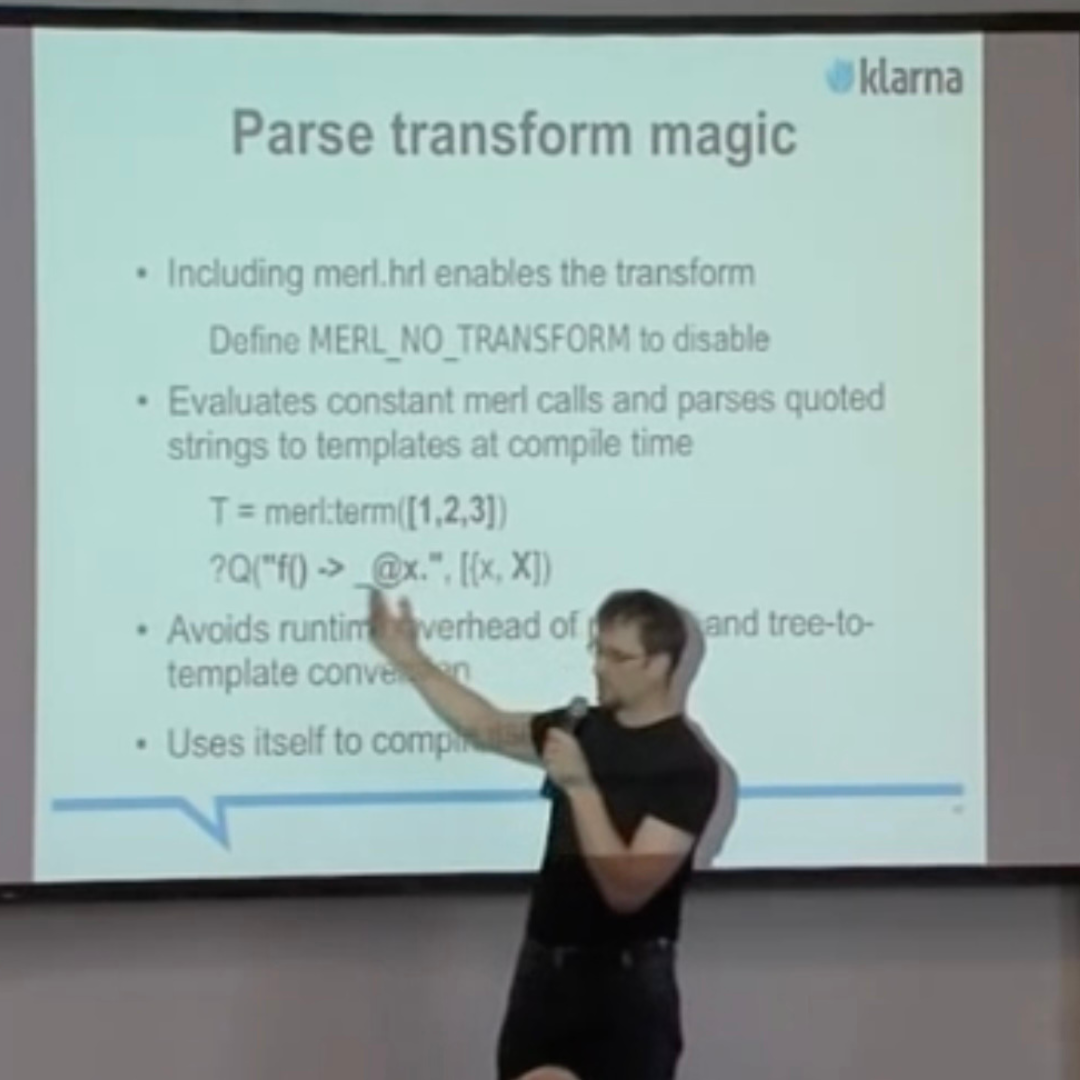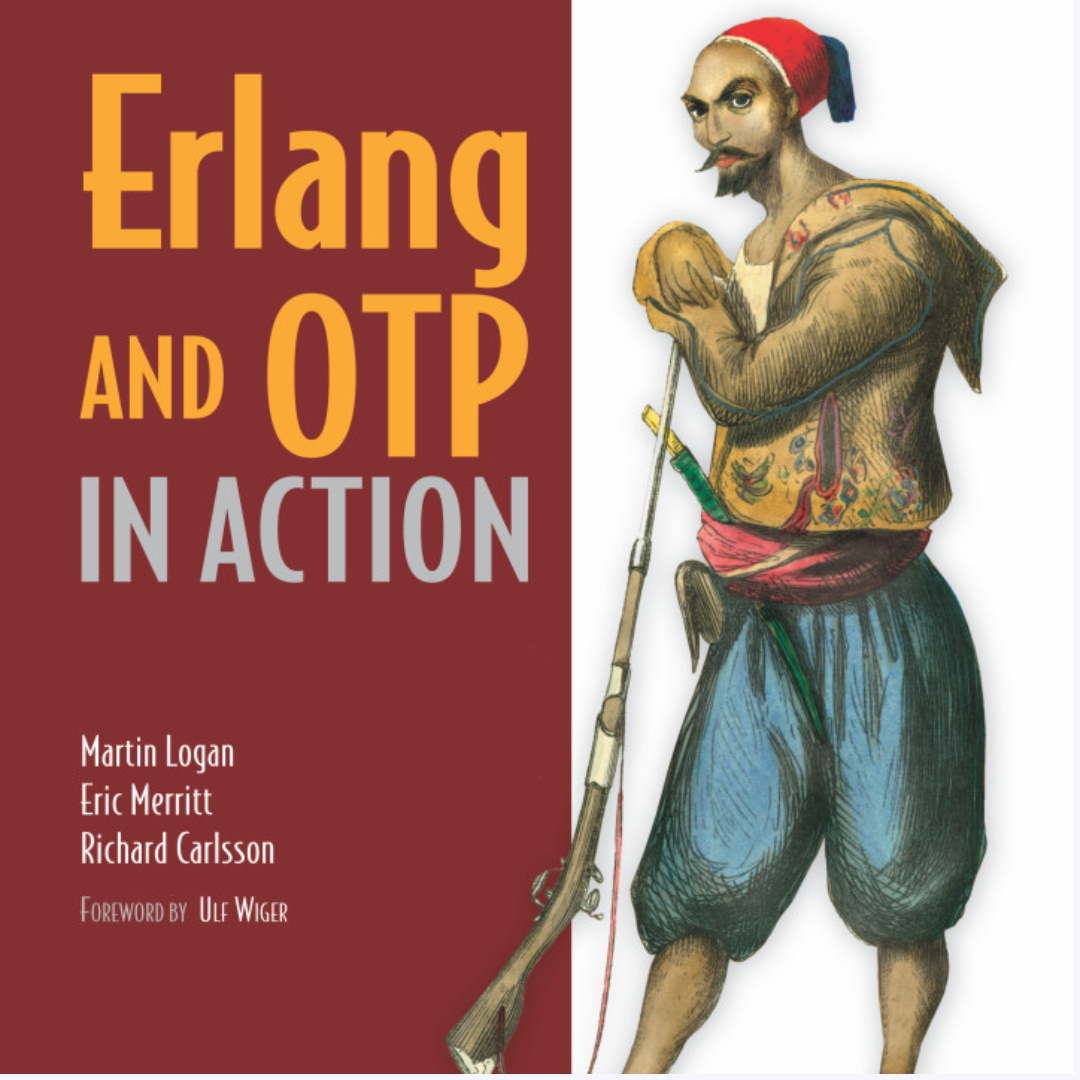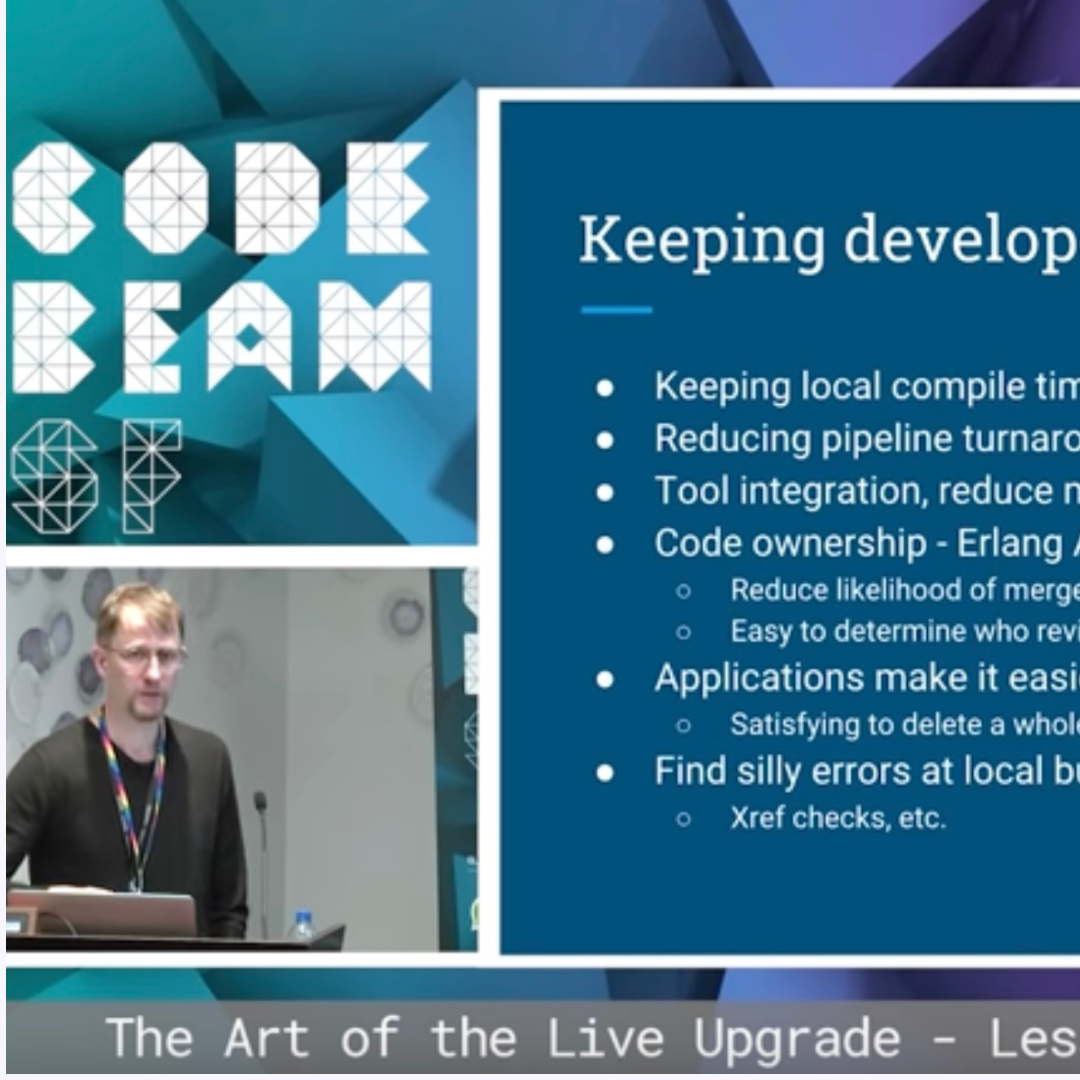.png?width=1220&height=384&name=Lesslie%20-%20Caste%20Study%20-%20Hero%20Banners%20(10).png)
"It feels like Lesslie could be something big and I’m excited about being part of that journey."
Lesslie welcomes Richard Carlsson, aka. the Father of eunit, edoc, and try-catch.
For many developers in the Erlang and Elixir community, the name Richard Carlsson might be familiar, and some may even consider him famous.
Richard has extensive experience with the Erlang programming language. As a member of the HiPE research group at Uppsala University, he worked on improvements to Erlang's compiler and runtime system in close collaboration with Ericsson. He was part of Klarna's journey for over a decade, from when they were a small company with less than 10 developers. He has authored several open-source tools used daily by thousands of developers and is a co-author of the book "Erlang and OTP in Action."
Can you tell us about your journey in the tech industry? What inspired you to pursue a career in tech?
RC: Like so many other gen X:ers, I first learned to program on 80s home computers, but back then nobody knew you could have a career in software. I studied maths, physics, and scientific programming, but spent most of my spare time on hobby coding projects. Then I discovered that there was a department at university actually doing the kind of software I liked: Computer Science. So I switched and did my master’s there.
By chance, the department had a collaboration with Ericsson about improving their new proprietary language Erlang, and I ended up as a PhD student in a research group working on this. Then Erlang got released as Open Source, and we fast forward to 2008 when I joined a dynamic new startup company called Kreditor. We were only 8 developers at the time, but with a code base in Erlang we could move fast and still have a very reliable system. The company grew and changed its name to Klarna, and the rest is history. But after more than 10 years of incredible growth, I left to try something new.
You took part as a co-writer to the book “Erlang and OTP in Action" and are co-founder of Erlang Ecosystem Foundation tell us more about that journey
RC: The book also happened a bit by accident. OTP is a set of libraries and principles for creating reliable, industrial strength software, and is an integral part of the Erlang platform, but the documentation was hard to grasp unless you already knew how it all worked, so most people outside Ericsson (me included) didn’t know much about how to leverage it. My U.S. friends Martin and Eric had done the hard work of learning it properly, and wanted to make a book that taught OTP to the general public. I was first asked to join them as advisor, but ended up as a co-author, and I learned a lot while working on it. There are newer books now that cover this topic, but I think we succeeded in kickstarting the broader use and understanding of the OTP libraries within the Erlang community.
The Erlang Ecosystem Foundation came out of a long standing need for collaboration between companies that relied on Erlang, Elixir, and other languages based on the Erlang platform - similar to how Scala, Kotlin and Closure are based on the Java platform. It started as an informal Industrial Users group, where I was the representative for Klarna, and eventually it became a full foundation, in line with similar organisations like the Python Software Foundation.
.png?width=114&height=108&name=Kundcase%20-%20citat%20bilder%20(8).png)
What do you consider to be the most significant technological advancements or innovations you've been a part of or witnessed during your career?
RC: The most obvious answer is “the Internet and the World Wide Web”. It’s incredible how fast we’ve almost forgotten how life was before you could google stuff in a millisecond, or check a map of anywhere in the world, or stream high resolution video, all on your mobile phone. And that’s only in the last 20 years. And the speed and memory of a personal computer today is a million times that of my first home computer, and at about the same price, which feels insane. But on the software development side, my answer is Git. If you don’t remember version control systems before Git existed, you’re in luck. It has enabled so much of the evolution of software the last two decades, and might be Linus Torvald’s most important technical contribution, even more so than Linux. When we grew past 50 developers at Klarna, being able to switch to Git saved us from going insane from the constant merge conflicts we had in the older system.
Can you share a memorable story or project from your career that had a profound impact on you or the tech industry as a whole?
RC: Most of the memorable stories I’m not at liberty to talk about, but I’m constantly amazed by how quickly some things in the software industry can change while other things seem to remain pretty much as they were fifty years ago. We’re still in the industrial revolution phase of information technology, and there is so much we still need to figure out.
As a tech veteran, you likely have a unique perspective on the intersection of technology and other fields. How do you see technology positively influencing the finance areas, and what challenges need to be addressed?
RC: Clearly, the Open Banking initiative is a huge deal. Klarna challenged the old ideas about how online payments could be made, removing a lot of the friction and improving conversion rates for online stores. We are now seeing the start of something similar within financial services, where customers will be getting more transparency and less friction, challenging the way the old banks work. The main challenges are things like reliability, usability, data security, and trust.
What do you believe you can contribute to Lesslie?
RC: Mainly my long experience of production systems, software architecture, and the Erlang platform, which is also used by companies such as WhatsApp and Klarna.
Read more articles about Lesslie
.png)
Lesslie is one of the companies Breakit has faith in for the future of fintech
12 rising stars in fintech – here's the next generation of hot upstarts...
Read more
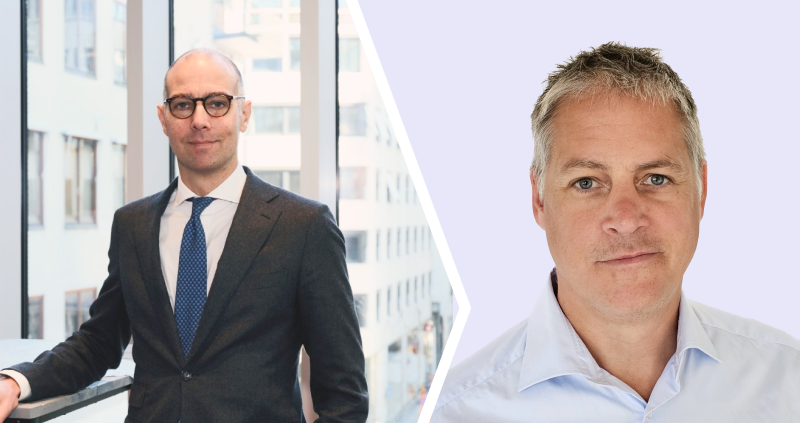
Two strong FinTech investors join Lesslie's board of directors.
It has been clear for a few months now that Lesslie has secured a new investment of SEK 10 million with several strong investors...
Read more
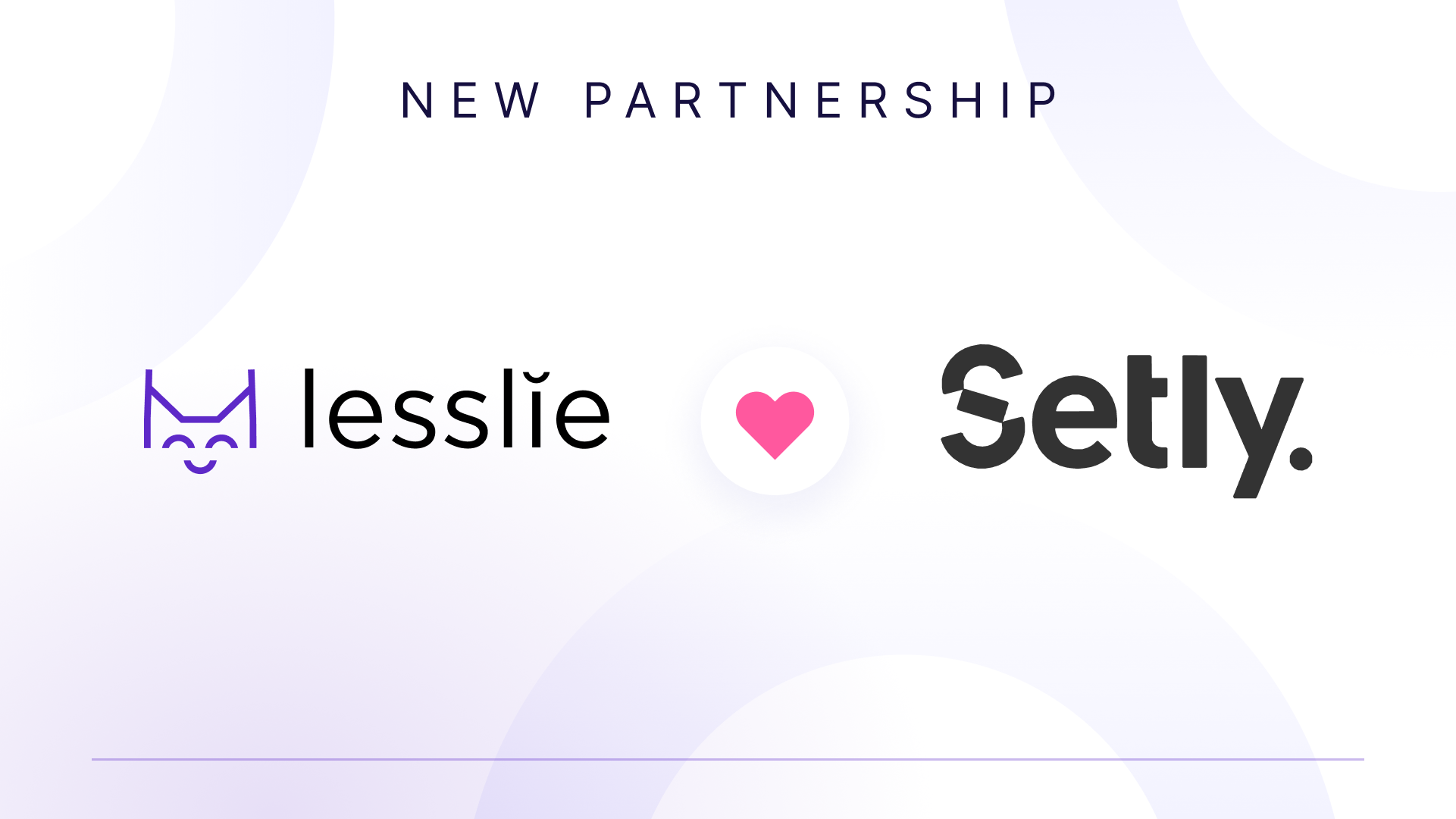
Lesslie and Setly initiate a strategic partnership
Lesslie Technologies and accounting firm Setly lead a strategic collaboration with the aim of strengthening each other's offerings...
Read more
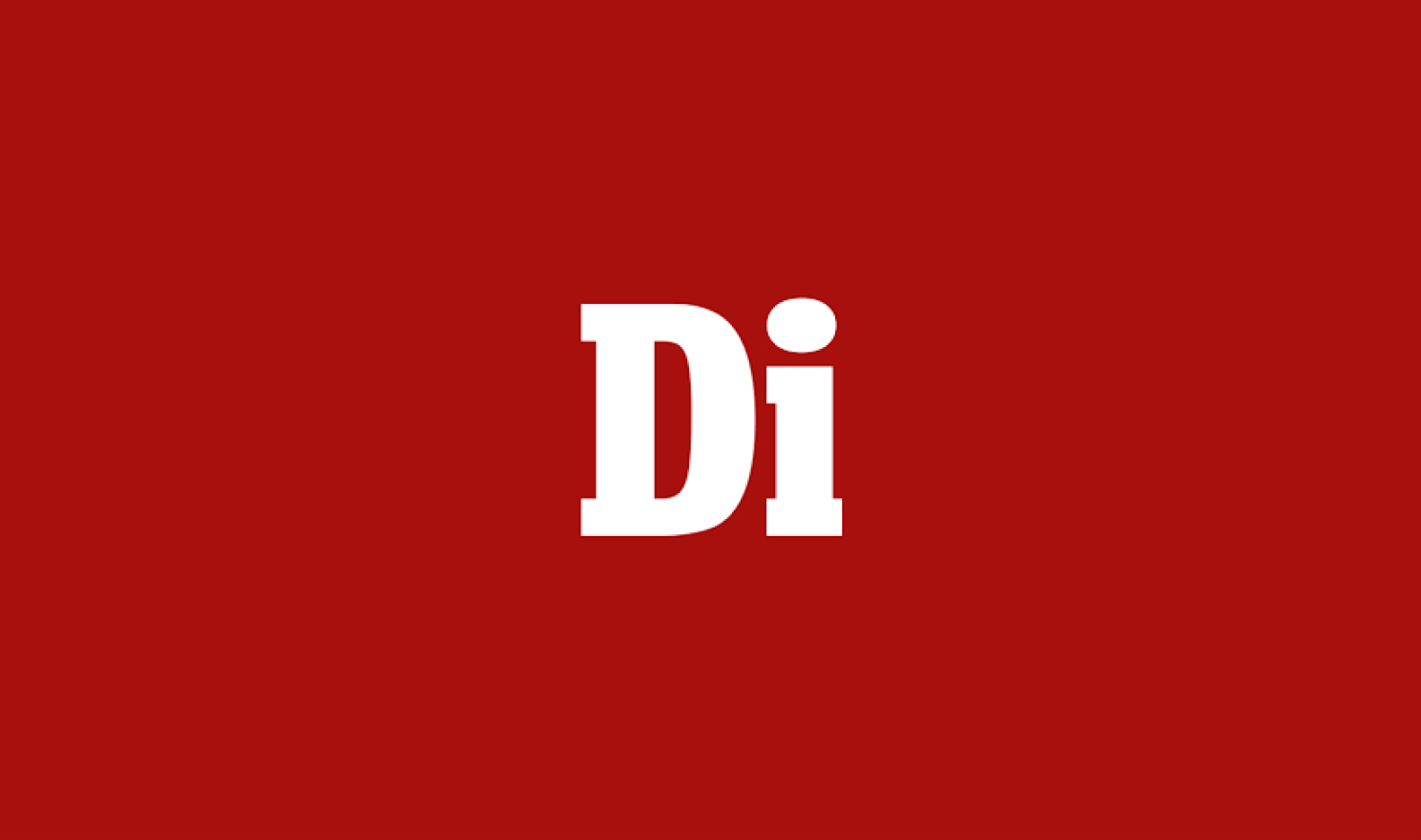
The fintech company focuses entirely on international payments.
Lesslie collects SEK 10 million from Klarna's former chief technology officer and Swish's former chairman...
Read more
Company
© 2024 Lesslie Technologies Org. no 559172-0767
